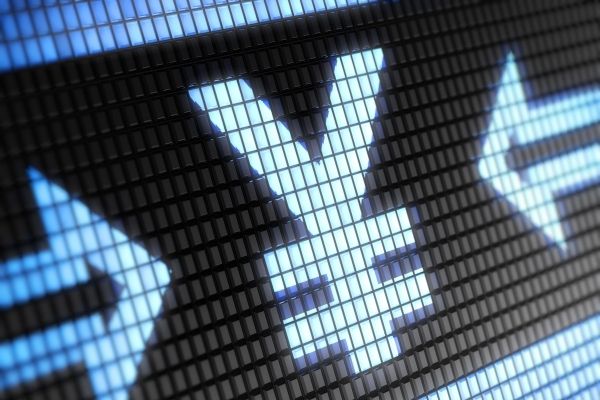Japan’s Ministry of Finance is set to launch an expert panel next month to explore the possibility of introducing a digital yen, according to reports from public broadcaster NHK. The move comes after the Bank of Japan (BOJ) conducted over two years of proof-of-concept experiments on a digital currency and is expected to be accompanied by a pilot program involving the BOJ and other financial stakeholders.
While BOJ officials have reportedly said that they have no plans to issue a digital currency, the Ministry of Finance plans to consider the expert panel’s opinions in preparing for the possible introduction of a digital yen.
As president of the Group of Seven (G-7) industrialized nations this year, Japan is also planning to develop global regulations for cryptocurrencies, according to a report from Kyodo earlier this week. This could involve establishing guidelines on issues such as money laundering and consumer protection and could lead to greater international cooperation on digital currencies.
The idea of a central bank digital currency has gained traction in recent years, with several countries exploring the concept. Proponents argue that a digital currency could improve efficiency, reduce costs, and increase financial inclusion. However, concerns about the potential impact on financial stability, privacy, and security exist.
The upcoming pilot program is expected to involve testing the digital yen in various scenarios, including payments between individuals and businesses and cross-border transactions. The results of these tests will be used to inform the development of a framework for a digital currency.
Whether Japan will ultimately decide to introduce a digital yen remains to be seen. Still, the establishment of the expert panel and the pilot program are clear indications that the idea is being taken seriously. As the world becomes increasingly digital, whether central banks should issue digital currencies is likely to remain a hot topic for some time.



